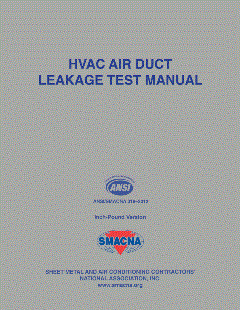WASHINGTON — Germany continues to lead the world in energy efficiency, followed by Italy and Japan (tied for second place), France, and the U.K. (not reflecting energy-related government changes in 2016), according to the American Council for an Energy-Efficient Economy’s (ACEEE’s) 2016 International Energy Efficiency Scorecard. New to the rankings this year are eight nations: Indonesia, Netherlands, Poland, Saudi Arabia, South Africa, Taiwan, Thailand, and Turkey.
Now in its third edition, the ACEEE report states the U.S. rose in the international rankings from No. 13 in 2014 to No. 8 in 2016.
On a scale of 100 possible points in 35 categories, the top 10 nations ranked: Germany, Italy and Japan (tied for second place), France, U.K. China, Spain, U.S. and South Korea (tied for eighth place), and Canada.
The U.S. rank was boosted by high scores in a number of new metrics added to the report for 2016, as well as improvements in energy intensity or energy use per dollar of gross domestic product. The U.S. also benefited from changes to the scoring methodology, which now allocates more weight to policy actions. The ACEEE report outlines a number of international best practices the U.S. could implement to improve its score.
“Energy efficiency is often the lowest-cost means of meeting new demand for energy,” said Steven Nadel, executive director, ACEEE. “Governments that encourage investment in energy efficiency and implement supporting policies save citizens money, reduce dependence on energy imports, and reduce pollution. Yet energy efficiency remains massively underutilized globally, despite its multiple benefits and its potential to become the single largest resource to meet growing energy demand worldwide.”
“Energy efficiency plays a key role in Germany’s energy policy — the Energiewende, which aims to achieve a highly efficient and almost-carbon-neutral economy by 2050 at the latest,” said Georg Maue of the German Ministry for Economic Affairs. “Our latest program, the National Action Plan on Energy Efficiency [NAPE], focuses on innovative industrial processes, energy-efficient buildings and products, and long-term investments. We are happy and grateful that ACEEE honors German efforts in its report. However, we will continue to step up our efforts, as there is a long way to go for us to reach our target of reducing the energy demand by 50 percent by 2050.”
To view the full report, visit http://bit.ly/29QbPGE.
Publication date: 8/29/2016
Want more HVAC industry news and information? Join The NEWS on Facebook, Twitter, and LinkedIn today!








